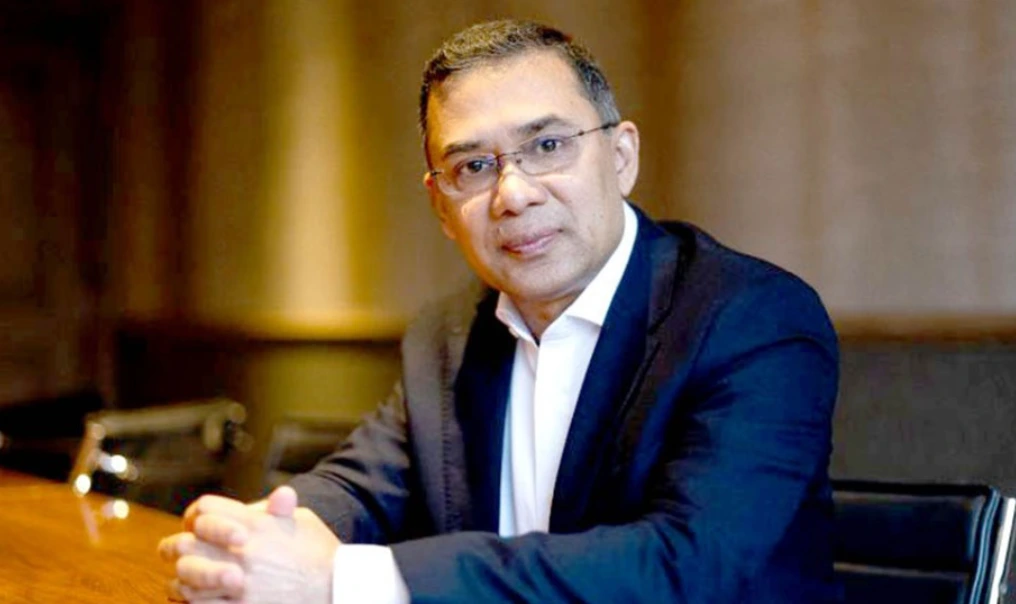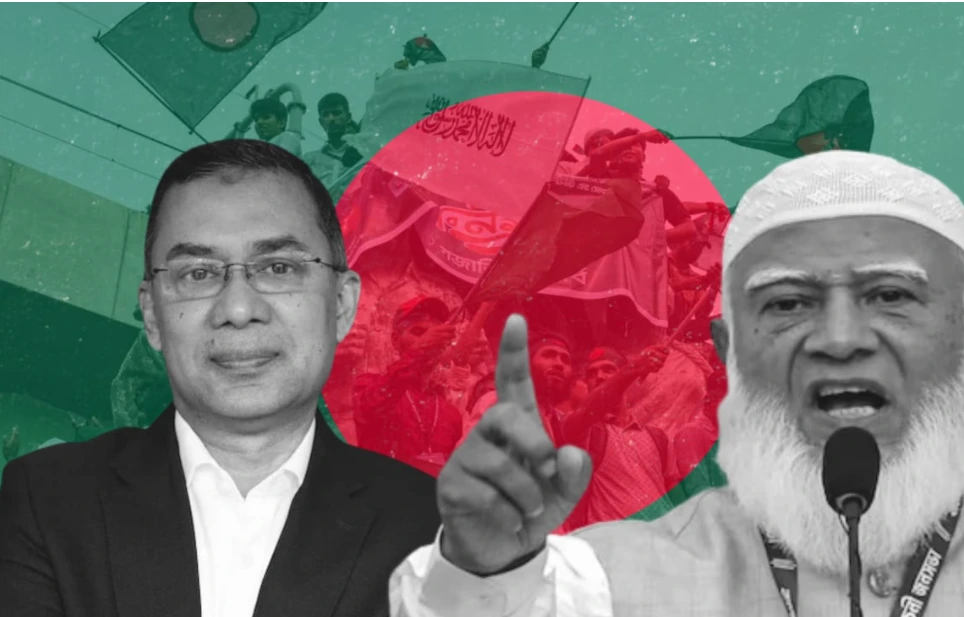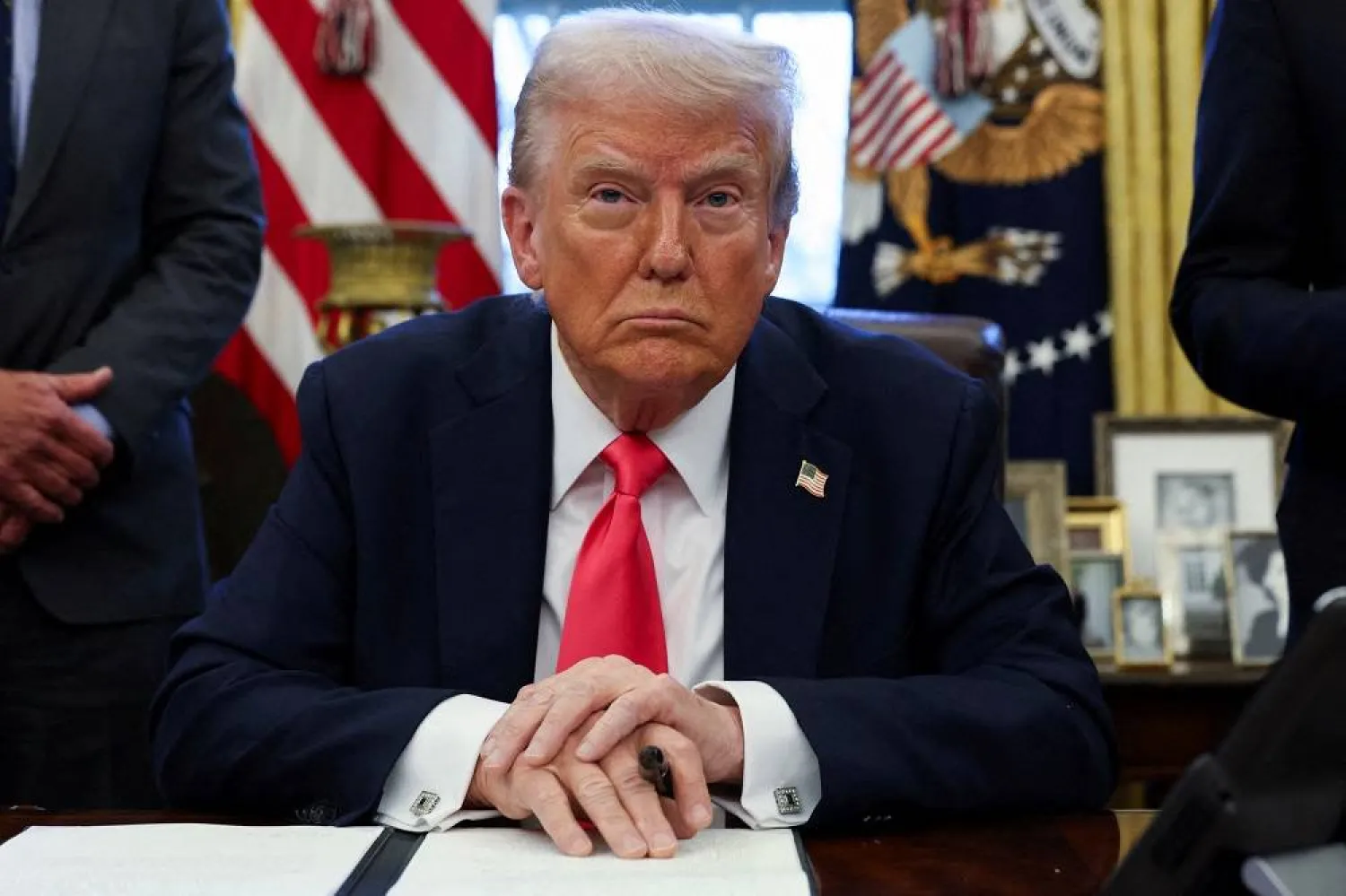Latest world news
With birth of 8000 millionth child, world population hits 8 billion
The UN report on population states that by 2050, more than half of the population will be in just eight countries.

Latest Politics News
Tarique Rahman-led BNP set for landslide win in Bangladesh elections
BNP led by Tarique Rahman has crossed the majority mark in Bangladesh’s national elections, with projections suggesting a two-thirds majority. Jamaat has conceded defeat.
Latest world news
Jamaat, BNP supporters clash in Dhaka as Bangladesh votes in 13th parliamentary polls
Clashes erupted in Dhaka’s Mirpur as Bangladesh voted in its 13th parliamentary elections, marking the first polls after Sheikh Hasina’s ouster.
Latest world news
Donald Trump calls India trade deal historic, highlights rise in US coal exports
Donald Trump describes the India trade deal as historic and links it to rising US coal exports, while India reiterates national interest in energy decisions.
-
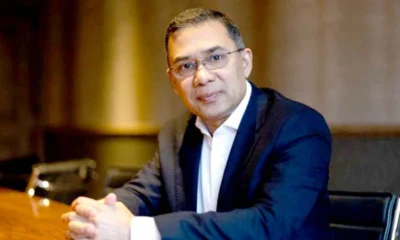
 Latest Politics News24 hours ago
Latest Politics News24 hours agoTarique Rahman-led BNP set for landslide win in Bangladesh elections
-

 India News23 hours ago
India News23 hours agoPM Modi congratulates Tarique Rahman after BNP’s decisive win in Bangladesh elections
-
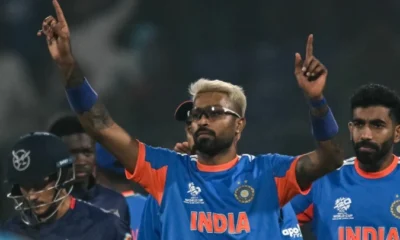
 Cricket news23 hours ago
Cricket news23 hours agoIndia crush Namibia by 93 runs to go top of Group A in T20 World Cup
-

 India News19 hours ago
India News19 hours agoRahul Gandhi faces expulsion demand in Lok Sabha over trade deal remarks
-

 India News19 hours ago
India News19 hours agoVijay targets DMK over Rs 2,000 scheme, calls on voters to blow the whistle
-

 India News19 hours ago
India News19 hours agoAmit Shah to visit India-Bangladesh border in Assam on February 21
-

 India News16 hours ago
India News16 hours agoEx-shooter of Mukhtar Ansari gang shot dead in Barabanki, 15 rounds fired

